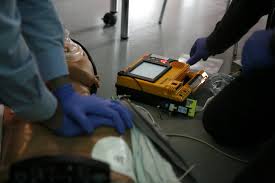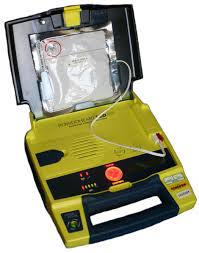 It’s a simple question, but the ability to honestly answer yes can be easier if you have been trained to perform Cardio Pulmonary Resuscitation (CPR).
It’s a simple question, but the ability to honestly answer yes can be easier if you have been trained to perform Cardio Pulmonary Resuscitation (CPR).
In today’s fast paced culture it’s initially hard to consider setting aside the time it takes to complete the training course we hope we never have to use. When faced with the unplannable, unpredictable circumstances of having someone within your immediate vicinity needing CPR there isn’t enough time at that moment to gain the skills necessary to save their life.
Some occupations require being trained in CPR and other lifesaving skills. Most first responders (firefighters, ems, etc.) as expected are required to have them. Per OSHA electrical workers are required to have the training as well in the event a coworker would be electrocuted. In either case when taking the training, the participants seldom consider the likelihood that the training they are getting may help save the life of a family member, loved one or friend.

Most CPR training today includes training on the use of an Automated External Defibrillator (AED) which greatly increases the ability to save a life. AEDs have evolved greatly to the point that if you can follow verbal instructions after opening the AED lid the unit will talk you through the process, but having the training is an essential part of success.
People are hesitant to help someone in a lifesaving need because of the fear of being sued. In almost all cases this is addressed by what are known as “Good Samaritan Laws” that basically protect people from being sued if they are trying to save someone’s life. Most CPR/AED training includes information on this subject.
Most voluntary training courses are designed to consider your degree of interest and besides CPR/AED training it may include First Aid and/or Choking Person training. You should receive a card of training completion after the training is completed.
If you have interest in getting CPR/AED and/or any other lifesaving training there are a number of resources that can be used;
Preparedness is a pivotal state of addressing an emergency’s likelihood of positive outcome.